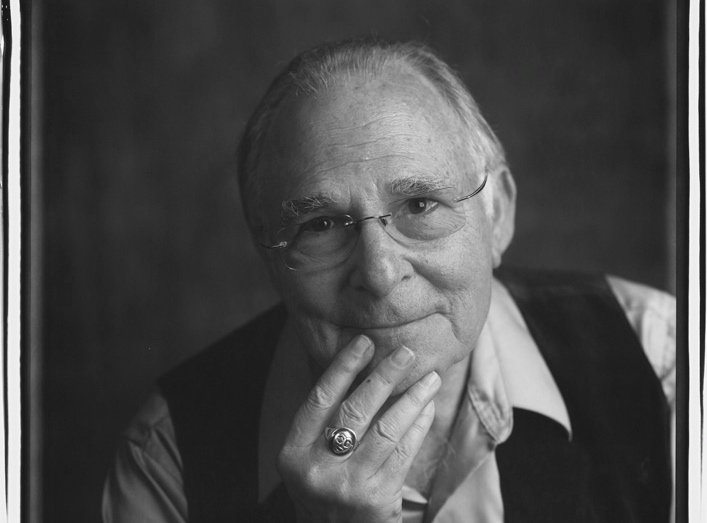In researching famous, influential clinical and counseling psychologists on the web, Paul Elkman stood out among the others. Extremely certified, knowledgeable, and accurate, he is a cofounder of micro-expressions and studying them. Elkman also was professor at UCSF for many years, a local college. His focus is non-verbal behavior, something I've always been intrigued in. Being such a successful and prominent figure in psychology, Paul Elkman quickly captured my interest.

Elkman obtained a Ph D in clinical psychology after a one-year internship at UCSF. In 1965, Elkman began researching nonverbal behavior, including hand movements, gestures, and facial expressions. In collaboration with W. Freisen, him and Elkman created the Facial Action Coding System (FACS) in 1978, otherwise known as the only tool that comprehensively measures facial expressions. He started studying depression patients and their facial expressions while lying, revealing micro facial expressions. He turned his findings over to the public after he retired, writing many books and articles. Elkman's childhood is harder to find, but he originally planned on being a psychotherapist yet changed his mind when his mother got a severe mental illness when he was sixteen.


 Elkman obtained a Ph D in clinical psychology after a one-year internship at UCSF. In 1965, Elkman began researching nonverbal behavior, including hand movements, gestures, and facial expressions. In collaboration with W. Freisen, him and Elkman created the Facial Action Coding System (FACS) in 1978, otherwise known as the only tool that comprehensively measures facial expressions. He started studying depression patients and their facial expressions while lying, revealing micro facial expressions. He turned his findings over to the public after he retired, writing many books and articles. Elkman's childhood is harder to find, but he originally planned on being a psychotherapist yet changed his mind when his mother got a severe mental illness when he was sixteen.
Elkman obtained a Ph D in clinical psychology after a one-year internship at UCSF. In 1965, Elkman began researching nonverbal behavior, including hand movements, gestures, and facial expressions. In collaboration with W. Freisen, him and Elkman created the Facial Action Coding System (FACS) in 1978, otherwise known as the only tool that comprehensively measures facial expressions. He started studying depression patients and their facial expressions while lying, revealing micro facial expressions. He turned his findings over to the public after he retired, writing many books and articles. Elkman's childhood is harder to find, but he originally planned on being a psychotherapist yet changed his mind when his mother got a severe mental illness when he was sixteen.